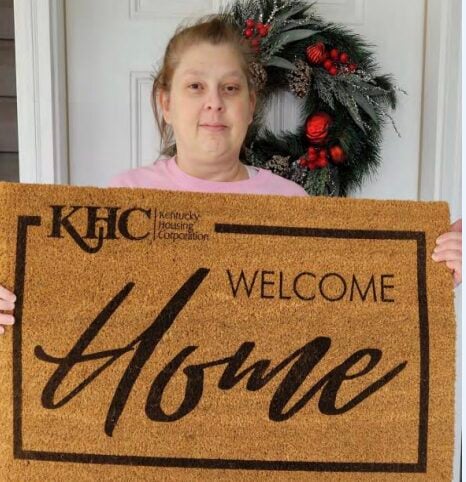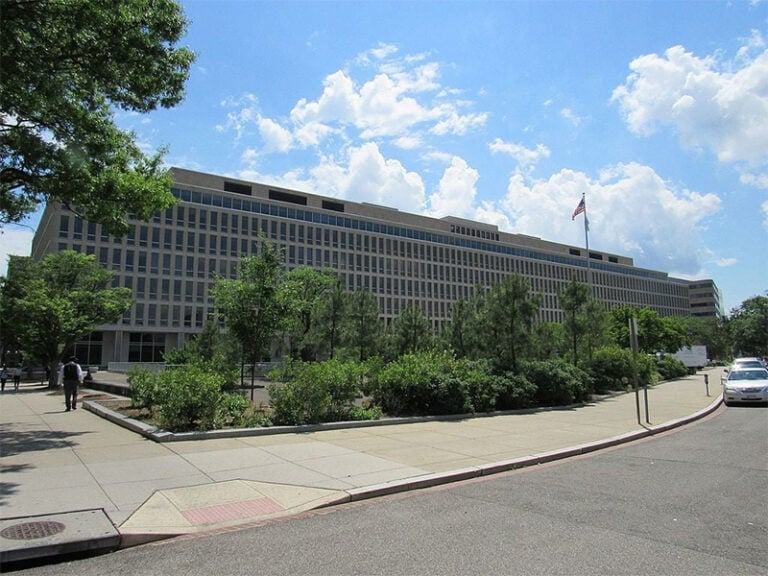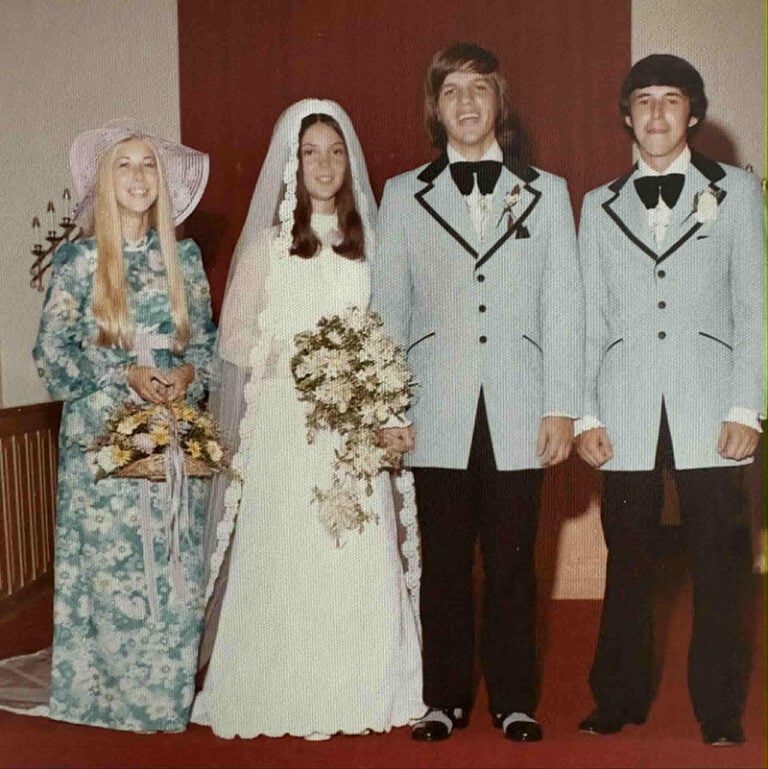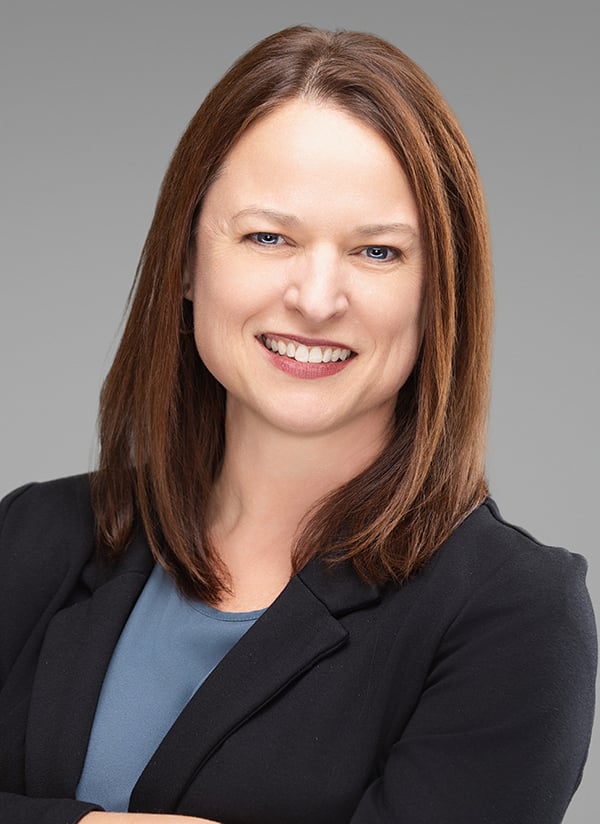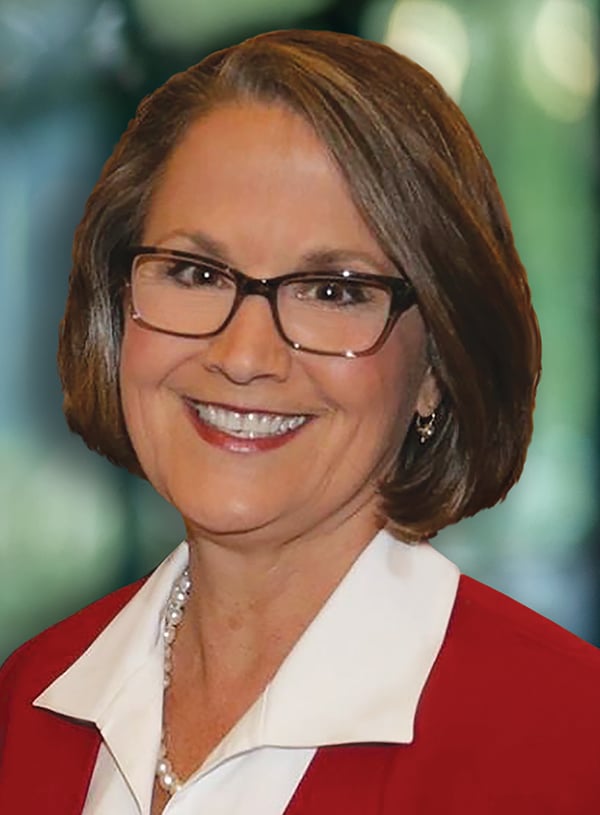By Paul A. Tenkotte
Special to NKyTribune
On Sunday, 100,000 people gathered in St. Peter’s Square in the Vatican, including 1,500 homeless people who were given seats of honor. They were all there to celebrate the canonization of Mother Teresa of Calcutta (1910-1997) as a saint by Pope Francis. The frail little nun, with a giant capacity for love, had devoted her life to the “poorest of the poor.”
On Saturday, June 19, 1982, 1,800 people sat under umbrellas in the stands of the stadium at Covington Catholic High School in Park Hills, Kentucky. My mother and I were among the crowd. The wind and blowing rain did little to dampen our spirits. Mother Teresa — diminutive in stature but big in heart — was in the Diocese of Covington, on her way to visit her sisters’ mission in the Appalachian town of Jenkins, Kentucky.

I had just graduated from college and was heading towards graduate school that fall. Like many of the people in attendance, I was impressed by the piety and charisma of Mother Teresa’s simple but loving message.
I didn’t take notes, but thankfully The Kentucky Post reporter Gary Webb did. He quoted Mother Teresa in the following Monday’s newspaper: “God ‘always chooses the small and helpless to show his love for us,’ Mother Teresa said. ‘Love God and serve him in the distressing disguises of the poor.’ ” (Kentucky Post, June 21, 1982, p. 1K)
The fact that Mother Teresa had such a strong connection to Covington, Kentucky was due to the dedication and charisma of a remarkable Covington woman, Helen Theissen (1906-2005).
“So much fur, so little sin,” the taxi driver chuckled as Helen McNeeve Theissen and her sister, Rosemary McNeeve (1914-2012) got out of his cab in Las Vegas, Nevada. The two wealthy sisters laughed in unison with him, realizing his witty take on a common expression at that gambling and entertainment mecca of the West, “So little fur, so much skin.”
It was 1960, and Helen and Rosemary of Covington, Kentucky, were attending the national convention of the National Council of Catholic Women (NCCW). In fact, Helen was President of the 13,000-chapter, 9-million-member NCCW. The theme of the convention that year was “Women in the Sixties.”
Helen had been working assiduously with Eileen Egan (1912-2000) of the national headquarters of Catholic Relief Services in Washington, DC to bring a then-little-known nun, Mother Teresa of Calcutta, to speak at the Las Vegas convention.
In 1928, feeling the call to be a missionary, Mother Teresa joined the Sisters of Loreto in Ireland, and in the following year, she left for India. There, she taught history and geography at St. Mary’s High School in Calcutta, a school for wealthy girls. In 1946, while on a train, she received her “call within a call,” as she described, to serve the poorest of the poor.
The rest is history. Mother Teresa began to work among lepers, the ill, the orphaned, and the dying in Calcutta. She and the sisters of her new religious order, the Missionaries of Charity, literally picked the abandoned poor and dying out of the gutters of Calcutta. They tended to their physical and emotional wounds, always offering love, respect, and dignity. In 1979, Mother Teresa received the Nobel Peace Prize.

But the rest might not have been history, without the work of Eileen Egan and Helen Theissen, In fact, from the time of her arrival in India in 1929, Mother Teresa had never left. Her 1960 speech at the NCCW convention in Las Vegas was literally her introduction to the wider world.
Helen Theissen and Rosemary McNeeve became lifelong friends of Mother Teresa, sponsoring her work, and even advising her on various issues, such as her opening of a home for AIDS patients in New York City in the mid-1980s. AIDS was little understood then, and highly feared by many. Opposition to AIDS homes was rampant. Mother Teresa was undeterred, and Helen and Rosemary steadfastly supported her.
Some years ago to promote tourism, Las Vegas adopted the slogan “What happens in Las Vegas, stays in Las Vegas.” All of us know what that slogan truly means. But in Mother Teresa’s case, thanks to Helen Theissen, the exact opposite occurred. What happened in Las Vegas spread throughout the world — the message of a petite, frail nun who proved that you don’t have to look like somebody, talk like them, or even be the same religion as them, to love them unconditionally.
We want to learn more about the history of your business, church, school, or organization in our region (Cincinnati and Northern Kentucky). If you would like to share your rich history with others, please contact the editor of “Our Rich History,” Paul A. Tenkotte, at tenkottep@nku.edu. Paul A. Tenkotte is Professor of History and Director of the Center for Public History at NKU.







